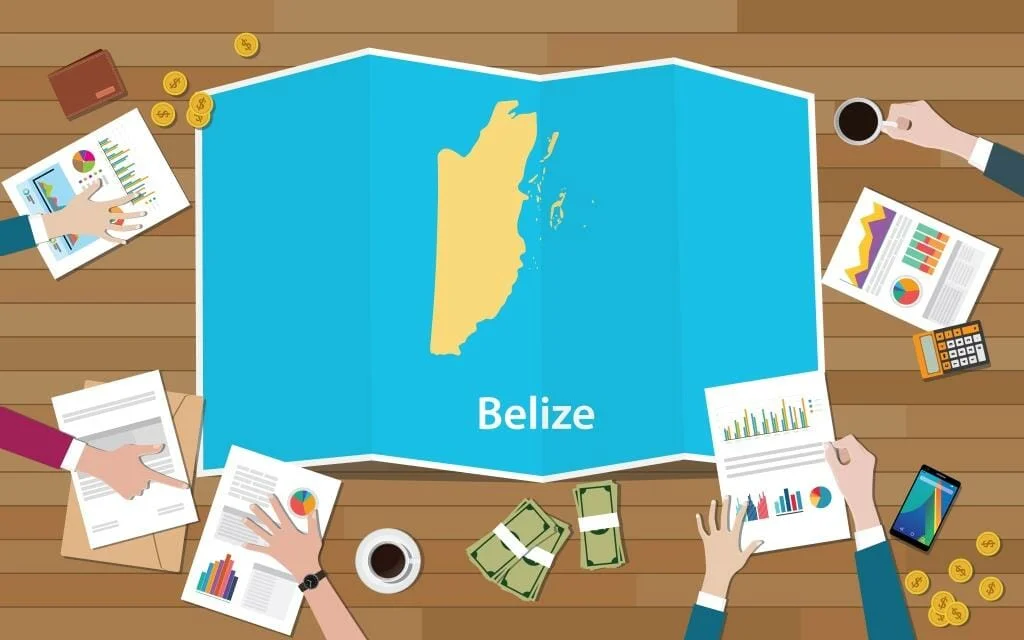Learn About Trusted Resources for Offshore Company Formation and Worldwide Success.
Learn About Trusted Resources for Offshore Company Formation and Worldwide Success.
Blog Article
Step-by-Step Guide to Successful Offshore Company Development
The development of an overseas company is a nuanced procedure that calls for cautious consideration of various variables to make certain success. Comprehending the advantages of offshore enrollment, selecting an appropriate territory, and carefully preparing the necessary documents are important steps in this journey.
Understand Offshore Firm Advantages
Understanding the advantages of overseas business development is important for entrepreneurs seeking to maximize their company procedures. Offshore entities can safeguard personal and service properties from potential lawful cases, creditors, and political instability in the entrepreneur's home nation.
In addition, offshore firms frequently take pleasure in beneficial tax regimens. Numerous territories offer low or no business tax obligation prices, which can significantly improve revenue margins and reinvestment capacities. By strategically managing tax obligations, company owner can channel resources into growth and growth.

One more advantage is boosted personal privacy and privacy. Offshore territories commonly have stringent privacy regulations, which can shield delicate business details and individual information from public scrutiny. This aspect is particularly eye-catching for business owners that value discretion in their financial events.
Moreover, offshore company development can promote international service operations. It permits less complicated accessibility to global markets and boosts integrity with worldwide companions. By leveraging these benefits, business owners can purposefully place their organizations for lasting success and competitive advantage in the international market.
Select the Right Territory
When choosing the ideal territory for offshore business development, a number of crucial variables need to be thought about to make sure alignment with your service objectives. The very first aspect to assess is the regulatory setting; jurisdictions with reputable legal frameworks provide higher security and predictability for your organization operations.
Various territories offer differing tax obligation benefits, consisting of low or no tax prices for overseas firms, which can significantly enhance earnings. Additionally, take into consideration the political stability and financial conditions of the territory.
An additional important factor is the ease of doing company, which includes the effectiveness of the enrollment process, ongoing compliance demands, and the availability of specialist solutions such as legal and accountancy assistance. Analyze the online reputation of the territory, as some may be seen more favorably than others, affecting your firm's integrity with financiers and clients.
Last but not least, take into consideration the certain market regulations that could influence your service. By thoroughly assessing these factors, you can make an educated choice on the very best territory for your overseas company development.
Prepare Required Paperwork
Preparing the needed documentation is an important action in the overseas company development process. This stage includes celebration and organizing various lawful documents that will certainly support the facility of your offshore entity. The details requirements can differ based on the picked jurisdiction, however there are common papers generally required across a lot of locations.
First of all, you will need to give proof of identification, such as valid tickets or government-issued recognition for all directors and investors. In addition, you may be called for to submit proof of address, such as Discover More energy bills or bank declarations, which should not be older than 3 months.
Furthermore, a comprehensive service strategy outlining the objectives, operational structure, and designated tasks of the overseas firm might be called for to show authenticity and purpose. Depending on the jurisdiction, you may likewise require to prepare a memorandum and posts of association, which act as the foundational documents of the company.
Engaging a certified overseas provider can substantially streamline this procedure by making certain that all documents is full and certified with regional guidelines, decreasing prospective delays in your company development.
Full the Enrollment Process
To complete the enrollment procedure for your overseas business, it is necessary to submit the prepared documentation to the ideal governing authority in your selected jurisdiction. This step notes an essential stage in establishing your company and needs meticulous attention to information.
Begin by putting together all required forms, consisting of the application for consolidation, memorandum and short articles of association, and any kind of recognition papers for the directors and investors - offshore company formation. Make certain that all papers comply with neighborhood policies and are accurately filled in to stay clear of delays
Once your documents is put together, submit it in addition to the needed fees, which can differ by jurisdiction. Some authorities might enable online entries, while others require physical distribution. Be conscious of any added demands, such as notarization or legalisation of files, which might be required relying on regional laws.
Upon entry, the regulatory authority will review your application. This procedure may take numerous days to weeks, relying on the jurisdiction and the intricacy of your application. Once authorized, you will get a certificate of consolidation, officially establishing your offshore firm and enabling you to continue with crucial operational actions.
Manage Compliance and Coverage
Navigating the complexities of compliance and reporting is crucial for the long life and important source success of your offshore business. Conformity involves sticking to the legal demands of the jurisdiction in which your offshore entity is signed up, while reporting pertains to the timely entry of necessary paperwork to regulatory authorities.
Additionally, keeping clear documents is vital. This includes financial declarations, mins of meetings, and documentation of significant business tasks. Normal audits can likewise be useful in determining potential conformity problems early.
Furthermore, staying educated regarding modifications in legislation or governing methods is crucial. Jurisdictions often upgrade their compliance structures, and prompt adaptation is vital to preventing penalties or lawful problems.
Conclusion

Report this page